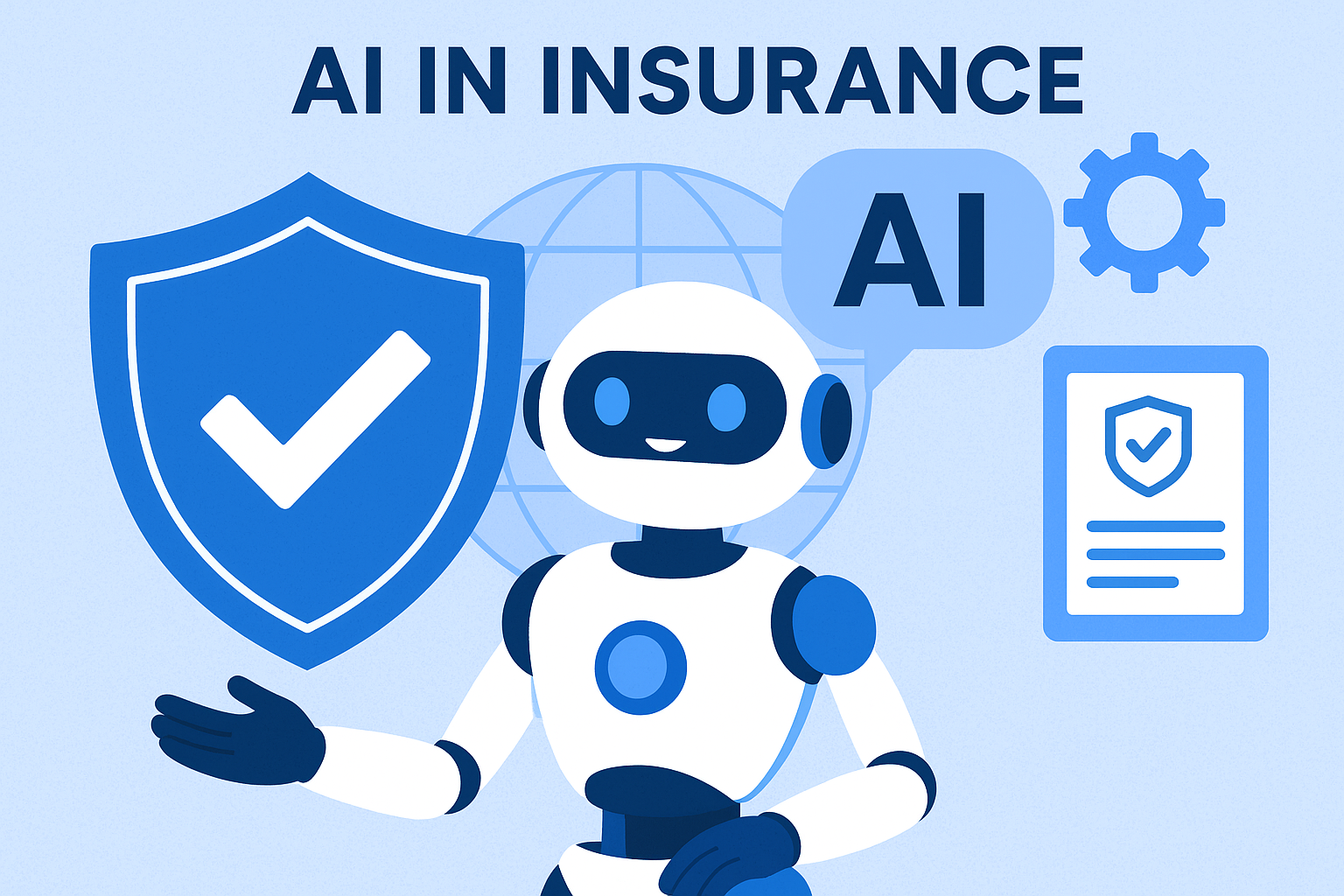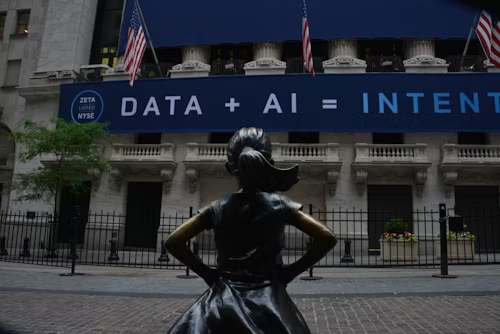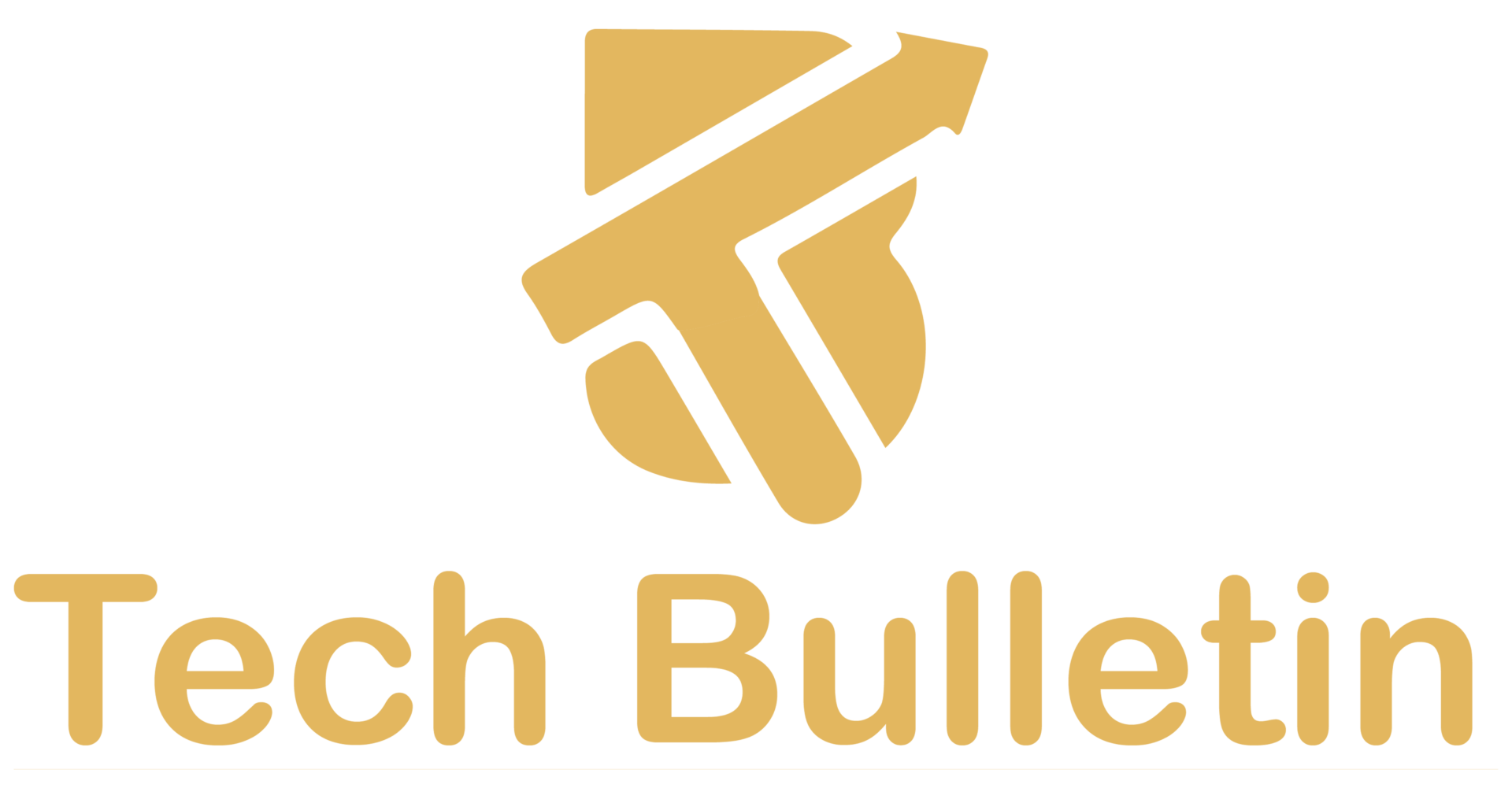How Artificial Intelligence (AI) Is Transforming the Insurance Industry

Let’s be honest, insurance isn’t exactly the most exciting topic for most people. It’s full of paperwork, complex policies, and long waits when something goes wrong. But what if I told you that Artificial Intelligence, or AI, is shaking things up and making insurance faster, smarter, and more personal?
If you’ve ever filed a claim or waited weeks for an approval, you’ll love what’s coming. AI is changing the game by helping insurers predict risks, detect fraud, and even process claims automatically. And the best part? It’s not science fiction anymore. It’s happening right now.
In this article, we’ll explain how AI is transforming the insurance sector, why it matters to you, and what the future might look like.
What Does AI in Insurance Actually Mean?
Artificial Intelligence is basically when computers learn to think a little like humans; spotting patterns, making predictions, and even making decisions. In insurance, AI helps with tasks that used to take humans hours or days. Think of it as your insurer’s super-smart digital assistant. Here are a few things AI does behind the scenes:
- Looks at huge amounts of data to figure out risks, like how likely someone is to file a claim.
- Spots suspicious patterns that might signal fraud.
- Speeds up claims processing so you get paid faster.
- Answers your questions through chatbots or virtual assistants.
Why Insurance Needs AI
Let’s be honest, the insurance sector has never been known for speed. There’s just so much information to handle: personal details, accident reports, medical records, payments, and more. It’s no wonder things can take time when people are doing all that work manually.
That’s where Artificial Intelligence, or AI, changes the game. Unlike humans, AI can process huge amounts of data in seconds and spot patterns that might go unnoticed.
For insurance companies, this means less time spent on paperwork, fewer mistakes, and lower costs. And for you, the customer, it means quicker service and fairer pricing. In simple terms, AI helps insurers work smarter so you can get better results, faster.
The Biggest Ways AI Is Changing Insurance

Now that you understand the basics, let’s explore the biggest ways AI is reshaping the insurance world today.
1. Faster Claims Processing
Imagine getting into a small car accident, snapping a few photos, submitting them through an app, and getting your claim approved the same day. Sounds like a dream, right? AI makes that possible.
Insurance companies now use AI systems that can analyze photos of your car damage, estimate repair costs, and even approve payments automatically. If everything checks out, your claim can be processed in hours instead of weeks.
Companies like Lemonade have already proven this works; some claims are approved in as little as three seconds. That’s a huge leap forward for customer convenience.
2. Smarter Fraud Detection
Insurance fraud is a real problem. Fake accidents, exaggerated damages, or false medical claims cost companies and customers; billions every year.
AI helps stop that by identifying unusual patterns or suspicious activity. It can analyze past data to detect red flags, like repeated claims from the same person or inconsistent accident reports. This helps insurers prevent fraud before it happens, saving money and keeping premiums fair for honest customers.
3. More Accurate Risk Assessment
When you apply for insurance, the company needs to figure out how risky it is to cover you. Traditionally, they looked at basic details like your age, location, and history. But AI can do so much more.
Modern AI systems analyze hundreds of data points from driving behavior and lifestyle choices to even local weather conditions to better understand your unique risk profile.
For example, if you’re a careful driver who rarely speeds, AI can recognize that and reward you with lower rates. It’s a fairer, more personalized approach that benefits everyone.
4. Chatbots and Virtual Assistants
Ever been stuck on hold waiting for your insurance company to answer a simple question? Those days are numbered.
AI-powered chatbots are now handling customer questions 24/7. They can help you find policy details, check claim status, or even file a report; all in minutes.
These chatbots don’t replace human agents completely. Instead, they handle the simple stuff so that humans can focus on complex or emotional situations. The result? Faster service and happier customers.
5. Predictive Analytics
Think of it as giving insurance companies a smart crystal ball powered by data, not magic. Looking at years of past information, AI can spot patterns and make surprisingly accurate predictions about what might happen next.
For instance, it can warn insurers when a natural disaster might lead to a surge in claims, identify which customers might be thinking about canceling their policies, or even predict what types of insurance people will want in the future.
This kind of insight helps companies prepare in advance, make smarter decisions, and create insurance products that truly match what customers need. In short, predictive analytics helps the insurance industry stay one step ahead, and that means a smoother, more personalized experience for you.
6. Personalized Policies
Traditional insurance has always felt like a “one-size-fits-all” deal, but life doesn’t really work that way, does it? That’s where AI steps in and makes things more personal. Studying data from things like fitness trackers, smart home devices, or driving apps, insurance companies can now customize your coverage to fit you; your habits, your lifestyle, and your choices.
For example, if your smartwatch shows that you stay active, your health insurer might reward you with a discount. If you’re a careful driver, AI can help your car insurance provider lower your rates. And if your smart home reduces the risk of fires or break-ins, your home insurance might cost less, too. This new approach makes insurance fairer, more transparent, and even rewarding, because your good habits can actually help you save money.
The Challenges of Using AI in Insurance
Of course, AI isn’t perfect. With great power comes great responsibility. Here are a few challenges the insurance industry faces as it adopts AI.
Data Privacy
AI needs data to work; a lot of it. This includes personal, financial, and even medical information. Insurance companies must ensure that all this data is stored securely and used responsibly, following privacy laws and ethical standards.
Algorithmic Bias
AI learns from data, and if that data has hidden biases, the system might make unfair decisions. For example, it could unintentionally favor or penalize certain demographics. Insurers must test and adjust their algorithms to ensure fairness.
Job Shifts
Yes, AI can automate some jobs. But it also creates new ones in data analysis, AI ethics, and customer experience management. The key is retraining and adapting to these changes rather than fearing them.
Regulation and Compliance
Insurance is one of the most regulated industries in the world. Companies must make sure that their use of AI complies with existing laws and remains transparent to customers.
Building Customer Trust
Many people still feel uneasy about machines making big decisions. That’s why insurers need to be transparent about how AI works and always give customers the option to talk to a human when needed.
Examples of AI in Action
Here are some examples of companies already using AI in meaningful ways:
- Lemonade uses AI bots to process claims in seconds.
- Progressive Insurance uses telematics data to personalize car insurance rates based on real driving behavior.
- Ping An in China applies AI and facial recognition to speed up underwriting and fraud detection.
- Allianz uses AI to improve customer service and predict future claim trends.
The Future of AI in Insurance
The future of AI in insurance is looking brighter and more exciting than ever. We’re heading into a time when technology will make insurance smarter, faster, and easier to understand.
Imagine AI tools that can automatically write clear policy explanations, answer your questions through email, and even create detailed reports that’s Generative AI at work. Add in Blockchain technology, and you get insurance systems that are more transparent, secure, and nearly impossible to tamper with.
Then there’s the growing use of smart devices from connected cars to smart home sensors and wearables giving insurers real-time data to predict risks and prevent problems before they happen. On top of that, AI ethics frameworks are being developed to make sure these systems stay fair, unbiased, and responsible. In simple terms, the future of AI in insurance is all about more automation, more personalization, and more trust; creating a system that truly works better for everyone.






